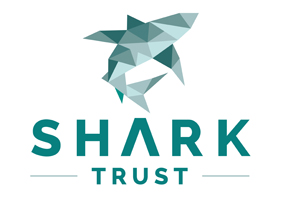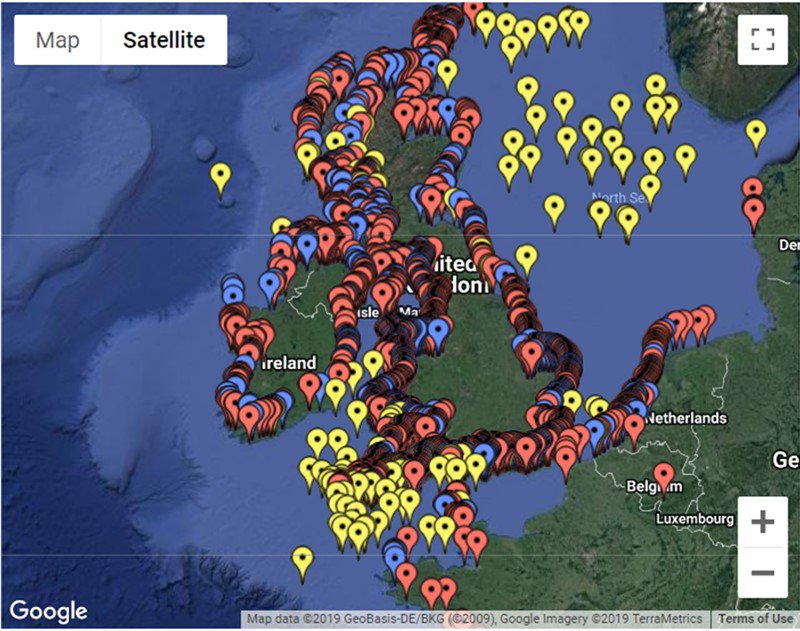Some sharks, and all true skates, reproduce by laying eggs. These are surrounded by a tough leathery capsule that protects the embryo as it develops inside. After several months these are ready to hatch, and a fully-formed shark or skate will emerge.
https://www.youtube.com/watch?v=h2FtTheGLg4
Once empty, the eggcases (or mermaid’s purses) often wash up on the beach. One of the best places to find them is among the strandline, where the seaweed washes up. The eggcases of different species vary. So, by looking at the size, shape and features, we can tell which species laid it. You can learn to identify eggcases too. We’ll show you how!
THE PROJECT
The Great Eggcase Hunt began in 2003 following a chance find on a beach in Devon. The project quickly developed with the aim of getting as many people as possible out hunting for eggcases and recording their finds.
Empty eggcases can help indicate species presence and diversity. By recording your finds, you’re helping us to discover more about egglaying species in our waters. Eggcases wash up all year round. So, whatever the time of year keep your eyes peeled!
EGGCASES UNDERWATER
As well as documenting empty eggcases, we’re keen to receive records of eggcases developing in-situ.
Underwater records help us pin-point exactly where sharks and skates are laying and can be linked to beach records. Learning the depth and substrate that they lay on also helps us to better understand the species.
So, if you’re a diver, snorkeller, stand-up paddleboarder, or anyone who enjoys spending time in the water, keep an eye out. Often they’re extremely well camouflaged and can have marine organisms such as algae growing on them. If you do spot one make a note of the location and, if possible, take a photo. Then record your finding as normal.
Remember – these eggs may contain a live shark or skate, so it’s important not to disturb them.
EGGCASES AROUND THE WORLD
Eggcase hunting has taken off in a big way! What began as a British Project has now expanded around the world. We’ve got records from Ecuador to South Africa to Australia. And many places in between. In total, we’ve had 30 species reported from 22 countries.
We’ve also been working with other organisations to bring you the:
- Grote Eikapsel Jacht in partnership with the Dutch Shark Society (launched in April 2015)
- Grande Caça Ovos in partnership with the Portuguese Association for the Study and Conservation of Elasmobranchs (APECE).
- Sister projects to the Great Eggcase Hunt have been set up in:
- France (Programme CapOeRa by APECS)
- Ireland (Purse Search by Marine Dimensions)
Eggcase Surveys (2003-2018)
We need to see photos or specimens for us to publish records as verified. Those we haven’t seen are considered unverified and these records may not be accurate.
- Red Pin – Species verified
- Blue Pin – Species not verified
- Yellow Pin – Underwater eggcase

























